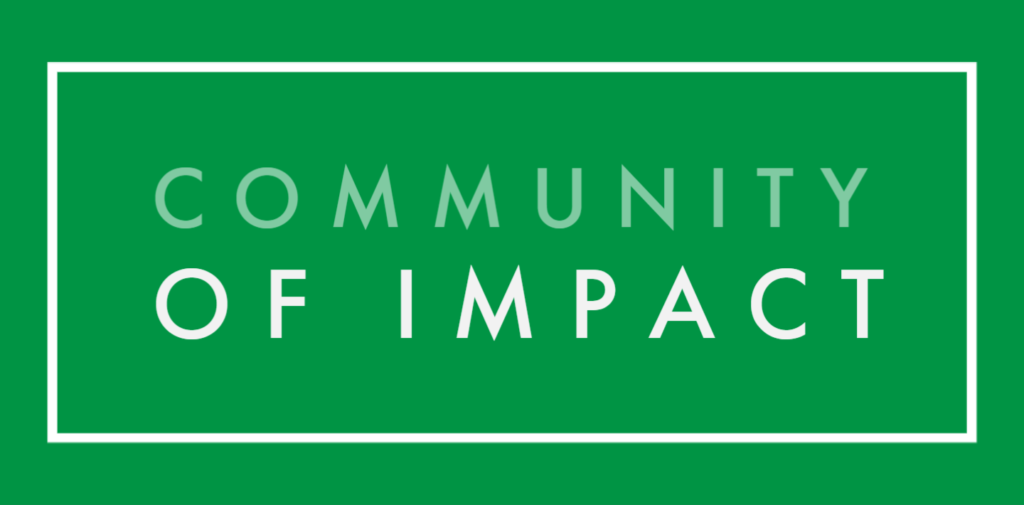We need your help to end global homelessness.
Homelessness is a global challenge.
See it, solve it, share it.
Get involved.
Can we ever really solve homelessness?
Yes! Countries and cities across the world have seen steep reductions in homelessness, and some have ended it outright. With the right mix of program interventions, well-coordinated local systems, and effective policy, homelessness can be successfully addressed.
How can you support IGH?
Contribute to the work through the Fund for IGH at DePaul University.
Join the Community of Impact
A community of impact (CoI) is a group of people who work towards a shared passion or cause, and learn how to do the work better through interacting and sharing knowledge. IGH aims to create an online CoI for professionals working with people experiencing homelessness. The IGH CoI connects members to a collaborative and dynamic global network of knowledge of what works in ending homelessness through webinars, resource guides, and knowledge-sharing platforms.
Find out more about the IGH COI here.
Partner with Us
IGH exists to draw connections between global successes, scale best practices among practitioners, and accelerate progress in reducing and ending homelessness. We know that an important part of this work will be improving global efforts to enumerate and monitor homelessness. Help us envision what global homeless data collection and analysis could look like by filling out this form.
Why homelessness?
The United Nations Human Settlements Program estimates that 1.1 billion people live in inadequate housing, and the best data available suggest that more than 100 million people have no housing at all (Office of the High Commissioner 2001). Homelessness is one of the most extreme forms of vulnerability, sitting at the intersection of public health, domestic violence, mental illness, urbanization, racial discrimination, housing affordability and infrastructure, and unemployment. It is deadly: people experiencing homelessness are more likely to die young, with an average life expectancy of 47 years. They are more vulnerable to public health crises like COVID-19, and are more likely to experience various forms of violence — 17 times more likely, in some places.
But, with the right mix of program interventions, well-coordinated local systems, and effective policy, global homelessness is a solvable issue. We know this because there are cities that have ended homelessness, and others who have seen meaningful reductions in homelessness among certain targeted populations.

